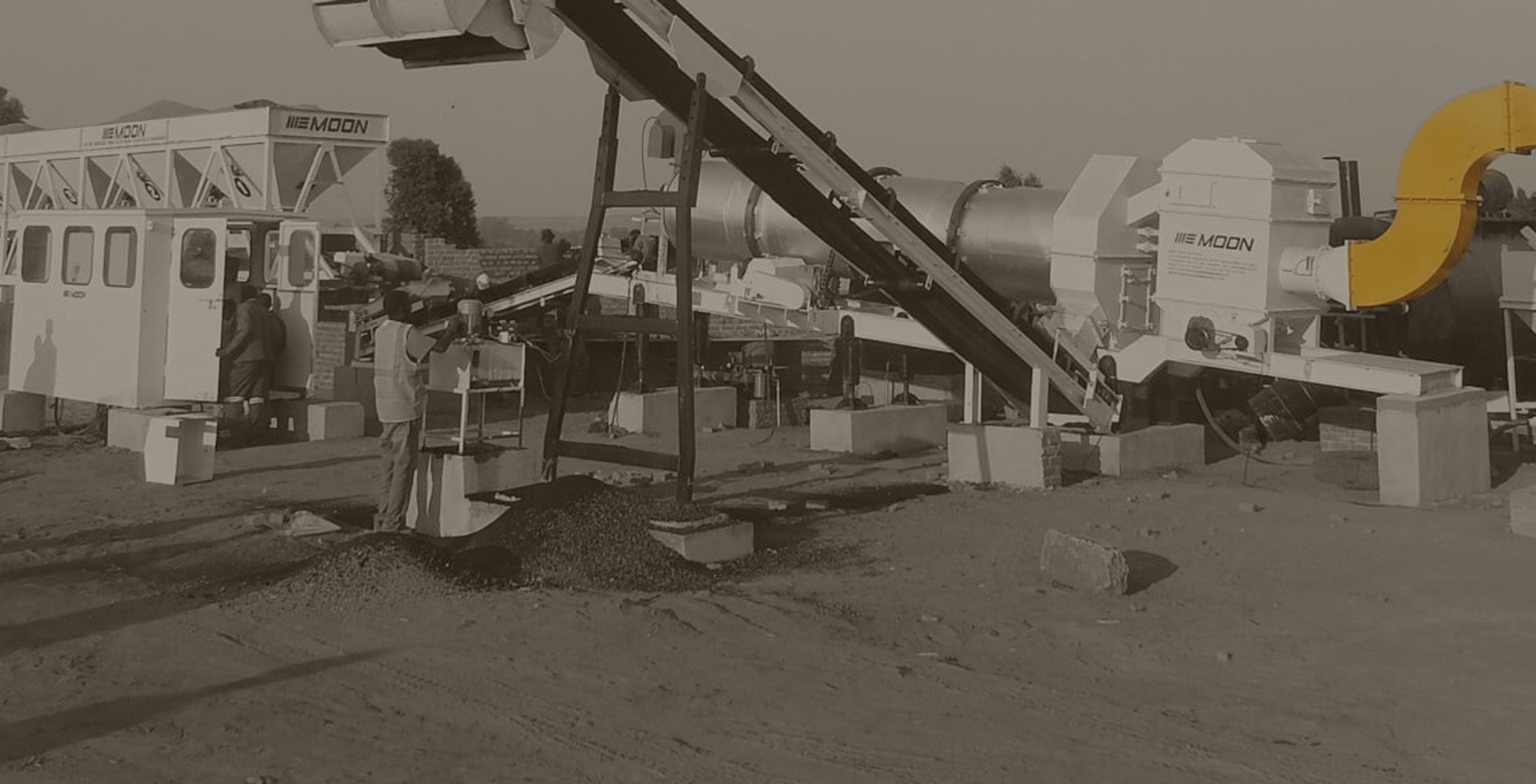

ನವೆಂ . 24, 2024 15:08 Back to list
The Importance of Aluminum Recycling Plants
In the modern world, environmental sustainability has become an indispensable topic, especially as the effects of climate change become increasingly pronounced. One of the most effective ways to enhance sustainability is through recycling, particularly, aluminum recycling. Aluminum recycling plants play a crucial role in this process, transforming discarded aluminum products into reusable resources while minimizing ecological impact and conserving energy.
Aluminum, a versatile metal widely used in various industries, including automotive, construction, and packaging, has garnered attention due to its recyclability. Recycling aluminum saves an astonishing 95% of the energy required to produce new aluminum from raw ore. This significant energy conservation is essential, given the pressing need to reduce greenhouse gas emissions and dependence on fossil fuels. It is estimated that recycling one ton of aluminum prevents the emission of approximately 9.5 metric tons of carbon dioxide, making aluminum recycling a pivotal endeavor in the fight against climate change.
An aluminum recycling plant is designed to collect, sort, and process scrap aluminum into high-quality recycled materials. The process generally begins with the collection of aluminum waste from various sources, including households, businesses, and industrial facilities. Common aluminum items recycled include cans, foil, and various types of machinery parts. Once collected, the aluminum waste is sorted to remove impurities and non-aluminum materials. This step is crucial as it ensures the purity of the recycled product, which is key to maintaining quality standards in manufacturing.
After sorting, the aluminum is shredded into small pieces to facilitate the melting process. Shredding increases the surface area of the aluminum, enabling it to melt more efficiently. The shredded aluminum is then melted in a furnace, reaching temperatures of approximately 660 degrees Celsius (1,220 degrees Fahrenheit). During this phase, any coatings or contaminants remaining on the aluminum are burned off, resulting in clean molten aluminum.

Once the aluminum is melted, it can be cast into large blocks known as ingots or directly formed into sheets or other products. These ingots are then cooled and can be transported to manufacturers who will utilize the recycled aluminum to produce new products. Notably, aluminum can be recycled infinitely without losing its quality, making it a prime candidate for a circular economy.
Aluminum recycling plants are not only significant for environmental sustainability but also for economic reasons. The recycling industry creates numerous jobs in the collection, sorting, processing, and manufacturing sectors. These jobs contribute to local economies and often provide stable employment opportunities. Moreover, aluminum recycling can reduce the cost of producing new aluminum, allowing manufacturers to save money and potentially lower prices for consumers.
In recent years, advancements in recycling technology have further enhanced the efficiency of aluminum recycling plants. Innovations such as improved sorting technologies, automated systems, and enhanced melting processes have all contributed to increased recycling rates. Additionally, public awareness campaigns and educational initiatives have motivated individuals and businesses to participate actively in recycling programs. This collective effort to increase the volume of recycled aluminum is essential, especially in light of ongoing concerns about landfills and resource depletion.
Furthermore, aluminum recycling plants contribute to sustainable waste management practices. By diverting aluminum waste from landfills, these facilities reduce space usage and extend the lifespan of existing landfills, which are becoming increasingly scarce. This practice aligns with the broader goals of sustainable development, promoting resource efficiency and responsible consumption.
To conclude, aluminum recycling plants serve as vital components in our efforts to create a sustainable future. They not only conserve energy and reduce greenhouse gas emissions but also bolster economic development and promote responsible waste management. As society continues to grapple with environmental challenges, the importance of aluminum recycling and the facilities that support it cannot be overstated. Investing in and increasing the efficiency of aluminum recycling plants will play a crucial role in ensuring a greener, more sustainable planet for future generations.
Latest news
Troubleshooting Common Eddy Separator Problems
NewsJul.04,2025
The Role of Metal Recycling Plants in Circular Economy
NewsJul.04,2025
The Impact of Recycling Line Pickers on Waste Management Costs
NewsJul.04,2025
Safety Features Every Metal Shredder Should Have
NewsJul.04,2025
How Industrial Shredders Improve Waste Management Systems
NewsJul.04,2025
How Cable Granulators Contribute to Sustainable Recycling
NewsJul.04,2025